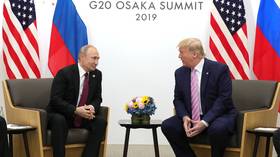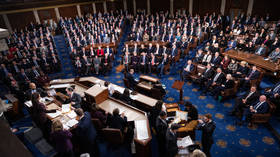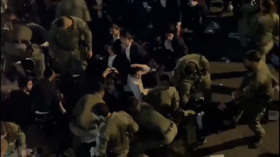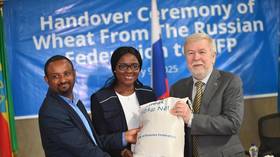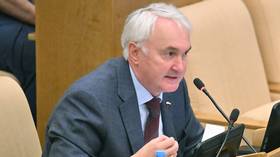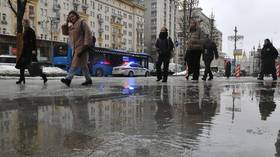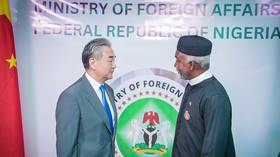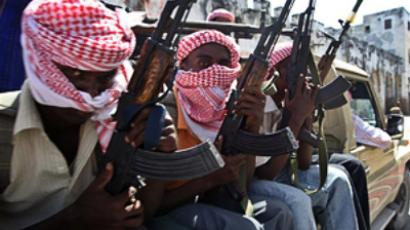West African traffickers — worthy of American fear
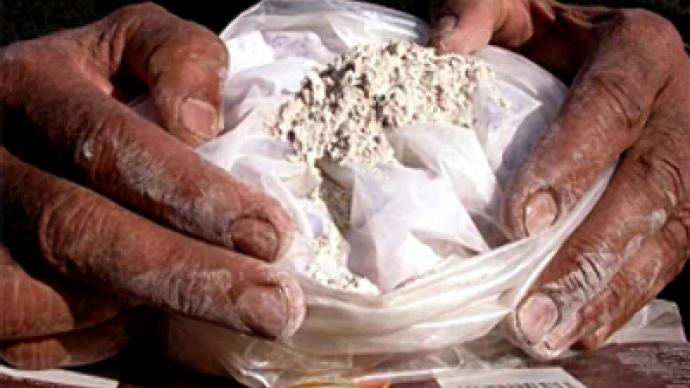
There is a bloody war along the US border. Concerns are growing that the cocaine trade in West Africa could give cartels the strength to push their violence across to American soil and expand their networks.
Last year, the wholesale value of cocaine moving through West Africa was estimated at $2 billion. Estimates suggest that revenues have dropped, but not enough to prevent traffickers from being a threat to the United States.
In a recent report on West African trafficking, the United Nations Office for Drugs and Crime (UNODC), urging action, warns that if left untreated, trafficking “can hollow out the bones of governance until only a shell remains.”
US authorities agree that the financial muscle of drug cartels reeks with potential negative outcomes.
“The West Africa cocaine trail directly strengthens drug cartels that exercise great power and pose a direct threat to the United States and it’s allies in the Western Hemisphere,” Douglas Farah, Senior Fellow at the International Assessment and Strategy Center, testified in Senate hearings on the matter.
Earlier this month, Captain Moussa Dadis Camara, junta leader of Guinea, raised the army to a state of alert and deployed troops to the borders, claiming that credible sources had informed him that an armed attack was in the works.
Captain Camara alleged that this attack was financed by South American drug cartels, whose operations have been shut down in Guinea. Although the attack never occurred, averting such threats and ensuring that drug routes remain closed is of major importance to the United States.
Most of the drugs trafficked through Guinea and other West African countries are not destined for America. However, “the drug proceeds from cocaine trafficking return to these South American DTOs (drug trafficking organizations) to further their illegal activities in the US,” Thomas Harrigan of the US Drug Enforcement Agency testified.
In tune with the looming risks, America has increased its presence and support for counter-narcotics efforts in the region, and is urging other nations to do the same.
Oil and arms
Those who don’t believe that West African trafficking has international effects need only turn to Nigeria for a prime example.
“Arguably, one of the greatest threats of the rule of law in West Africa is rooted in the smuggling of a licit commodity: oil,” notes the UNODC.
“Proceeds from stolen oil go directly to militants and corrupt officials.”
A portion of the revenue that militants earn from oil trafficking is then transferred to arms traffickers and illicit ammunition suppliers, who equip the militants to attack oil facilities, hijack tankers, and even declare war.
In May, Military Emancipation for the Niger Delta (MEND), a militant group, declared war on the government and oil industry. The violence has resulted in death, destruction, and the displacement of thousands of Nigerians. Additionally, vast sums of revenue for international companies, such as Chevron and Shell, are being lost daily.
Nigeria is the eighth-largest oil producer and the fifth-largest supplier to the US. Instability created by these armed militants affects supply and is also blamed for a portion of the yo-yoing fuel prices.
The threat posed by traffickers is exacerbated by the fact that they are not only linking up with each other, but are brushing shoulders with terrorist organizations.
“Both groups use the same pipelines, the same illicit structures and exploit the same state weaknesses, and are increasingly overlapping,” says Farah, who warns that it is a very alarming situation.
Militants have yet to capture Nigeria’s oil region. Drug traffickers have yet to overthrow the powers in Guinea. But America cannot afford to ignore financially-empowered trafficking networks, or their mingling with terrorists.
Otherwise, the UNODC warns, “Whether organized criminals take formal control or not is ultimately of little consequence. The end result is the same: democracy is subverted and a small group of ruthless people make all the decisions that matter.”
Michelle Smith for RT


